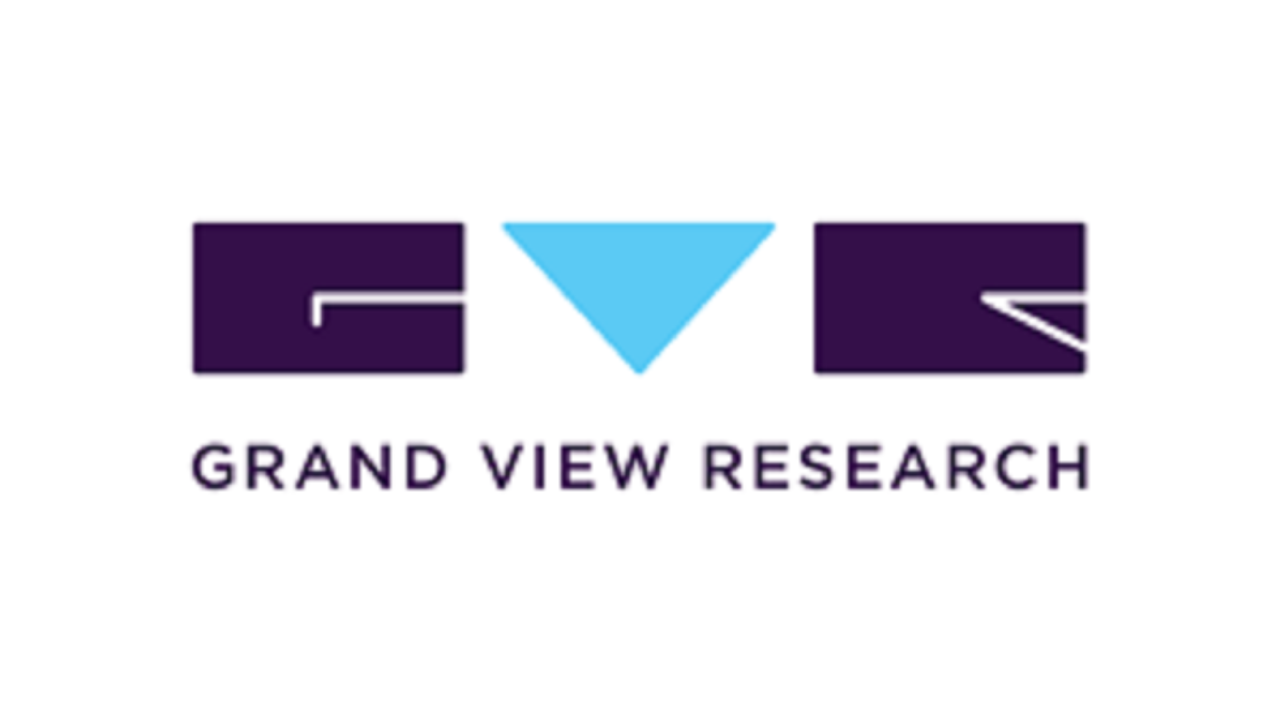The global market for generative AI in healthcare was valued at approximately USD 1.3 billion in 2022 and is expected to experience rapid expansion, reaching around USD 14,765.1 million by 2030. This translates to a remarkable compound annual growth rate (CAGR) of 36.7% between 2023 and 2030. The integration of artificial intelligence (AI) technologies is swiftly transforming the healthcare industry by equipping medical professionals with comprehensive and actionable insights, ultimately enhancing the quality and efficiency of patient care.
One of the key strengths of AI lies in its exceptional analytical capabilities, which enable it to process vast volumes of complex healthcare data and detect intricate patterns that might be overlooked by traditional methods. These capabilities are particularly crucial for supporting medical decision-making processes, allowing clinicians to make more informed and precise diagnoses and treatment plans.
Within the broader AI landscape, generative AI is a specialized subset that is distinguished by its ability to create entirely new data and innovative solutions. This technology holds significant promise for revolutionizing areas such as diagnostics, drug discovery, and personalized medicine. For example, generative AI can produce highly detailed medical images, design novel drug molecules, and customize treatment protocols based on an individual’s unique health information. Such capabilities position generative AI as a transformative force in improving healthcare outcomes and advancing patient-centric care.
In the field of biopharmaceuticals, generative AI is driving a notable reduction in the time required to develop new drugs and therapies. Leading pharmaceutical companies, including industry giants like Novartis and Amgen, are actively leveraging the power of large language models that have been trained on biological sequences and amino acid structures. These advanced AI models facilitate the generation of innovative protein configurations and enable the prediction of complex molecular interactions, which are critical steps in drug development.
Key Market Trends & Insights:
• In 2022, North America held a dominant position in the generative AI in healthcare market, accounting for the largest revenue share of 40.2%. This leadership can be attributed to the region’s advanced healthcare infrastructure, substantial investments in AI technologies, and the presence of key industry players driving innovation in this space.
• Meanwhile, the Asia Pacific region is projected to experience the fastest growth, with a remarkable compound annual growth rate (CAGR) of 37.6% expected between 2023 and 2030. This rapid expansion is driven by increasing adoption of AI solutions in emerging economies, growing healthcare expenditures, and supportive government initiatives aimed at advancing digital health technologies.
• Looking at the market by component, the solution segment was the leading contributor in 2022, commanding a significant revenue share of 60.2%. This dominance reflects the high demand for AI-powered software solutions that facilitate various healthcare functions, including diagnostics, imaging, and patient data analysis.
• In terms of function, the medical imaging analysis segment led the market in 2022 with a revenue share of 28.9%. The widespread application of generative AI in interpreting complex medical images enables faster and more accurate diagnosis, making it a crucial area of growth within the healthcare AI ecosystem.
• By application, the clinical segment was the foremost contributor, capturing a substantial revenue share of 62.1% in 2022. This segment encompasses the use of generative AI technologies in clinical settings to support patient care, treatment planning, and healthcare delivery, underscoring the technology’s vital role in enhancing clinical outcomes.
Order a free sample PDF of the Generative AI In Healthcare Market Intelligence Study, published by Grand View Research.
Market Size & Forecast:
• 2022 Market Size: USD 1.3 Billion
• 2030 Projected Market Size: USD 14,765.1 Million
• CAGR (2023-2030): 36.7%
• North America: Largest market in 2022
• Asia Pacific: Fastest growing market
Key Companies & Market Share Insights:
The generative AI in healthcare market is marked by intense competition, with a handful of leading global companies holding a substantial portion of the overall market share. These major players are primarily focused on driving innovation through the development of new and advanced products, as well as forming strategic collaborations and partnerships to strengthen their market positions.
A notable example of this competitive and innovative environment is seen in the activities of DiagnaMed Holdings Corp., a biotechnology firm based in Canada. In May 2023, the company introduced FormGPT.io, a generative AI-powered data analysis platform specifically designed for the healthcare industry. This product launch is significant as it marks DiagnaMed’s first commercial offering, representing an initial step in the company’s broader strategy to deliver a comprehensive suite of customizable AI-driven applications.
These applications leverage the capabilities of GPT-4, an advanced generative AI model, to provide tailored solutions aimed at enhancing the efficiency and effectiveness of healthcare delivery. The primary goals of these tools are to improve patient outcomes by facilitating better data analysis and decision-making, as well as to streamline operational processes within real-world healthcare environments. By focusing on such innovations, companies like DiagnaMed are helping to drive forward the adoption of generative AI technologies, which promise to transform clinical workflows and patient care practices across the healthcare sector.
Key Players
• Google LLC
• IBM Watson
• Johnson & Johnson
• Microsoft Corporation
• Neuralink Corporation
• NioyaTech
• OpenAI
• Oracle
• Saxon
• Syntegra
• Tencent Holdings Ltd
Explore Horizon Databook – The world's most expansive market intelligence platform developed by Grand View Research.
Conclusion:
The generative AI in healthcare market is poised for rapid growth, driven by its transformative potential to enhance medical diagnostics, drug discovery, and personalized patient care. With the ability to analyze vast amounts of healthcare data and generate innovative solutions, generative AI is revolutionizing clinical decision-making and operational efficiency. The market’s expansion is supported by increasing investments, technological advancements, and growing adoption across healthcare applications. Despite challenges such as regulatory concerns and data privacy issues, the integration of generative AI is expected to significantly improve healthcare outcomes and streamline processes, making it a critical component of the future healthcare ecosystem.


